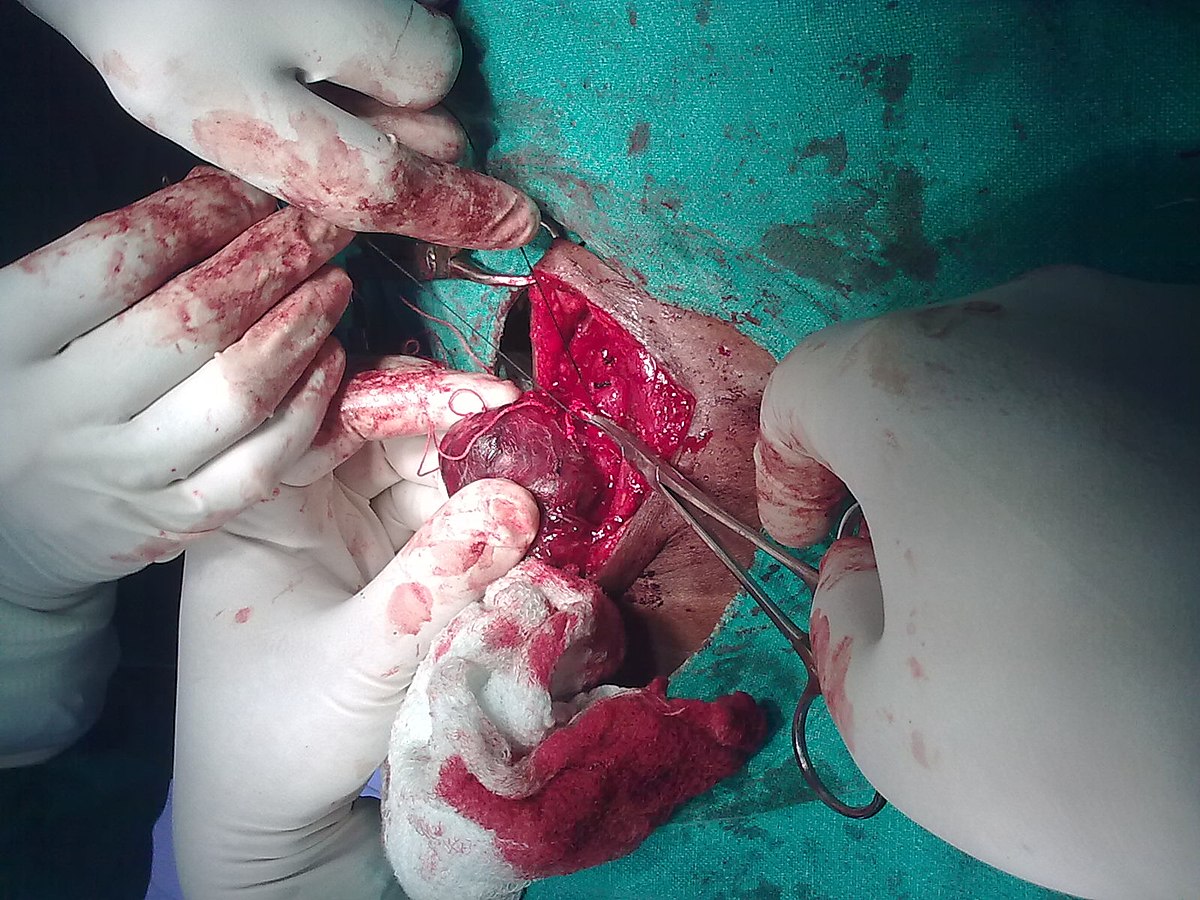
The thyroid is a small, butterfly-shaped gland that sits in the lower part of the front of the neck. Thyroid gland removal is a surgical procedure that involves removing part or all of the thyroid.
The thyroid plays an important part in the body’s functions. It produces hormones that circulate throughout the body, regulating a person’s temperature and metabolism.
It also supports the heart and digestive system and helps maintain muscle control and bone health. A doctor may recommend thyroid gland removal for many reasons.
A person is most likely to undergo thyroid removal surgery if:
A doctor will give a person instructions about how to prepare for thyroid removal surgery. This usually involves not eating or drinking for a set period before the procedure. Thyroid removal surgeries take place under general anesthesia, so a person will be asleep and will not feel any pain.
Most of the time, the surgeon will begin by making a small incision in the neck, taking care to avoid the vocal cords and windpipe. The surgery will last about 2 hours. Afterward, the person will wake up from the anesthesia and recover in the hospital. Hospital staff will monitor them closely for any breathing difficulties or bleeding.
A person can often go home on the same day as the surgery. Otherwise, the doctor may ask them to stay overnight for monitoring.
A doctor will give a person instructions about how to prepare for thyroid re
When an experienced surgeon performs thyroid removal surgery, the risk of serious complications is low. However, all surgeries involve some risks.
Risks of thyroid removal include:
moval surgery. This usually involves not eating or drinking for a set period before the procedure. Thyroid removal surgeries take place under general anesthesia, so a person will be asleep and will not feel any pain.
Most of the time, the surgeon will begin by making a small incision in the neck, taking care to avoid the vocal cords and windpipe. The surgery will last about 2 hours. Afterward, the person will wake up from the anesthesia and recover in the hospital. Hospital staff will monitor them closely for any breathing difficulties or bleeding.

Copyright © 2025 Dr. Sandhya Bade | All Rights Reserved | Created & Crafted By Itorix Infotech
WhatsApp us
